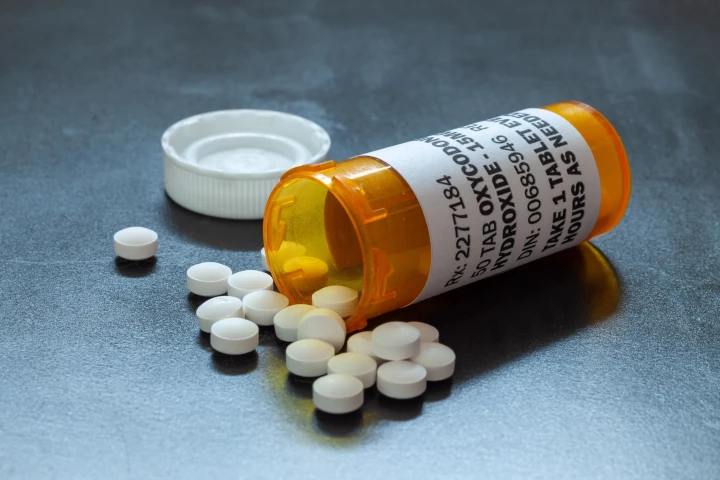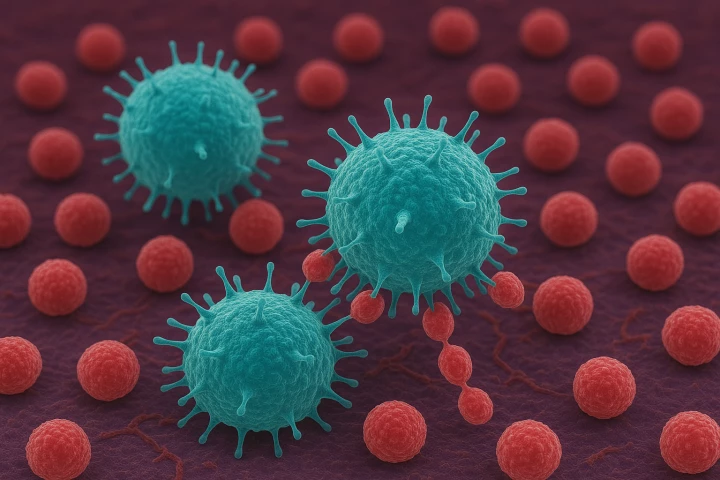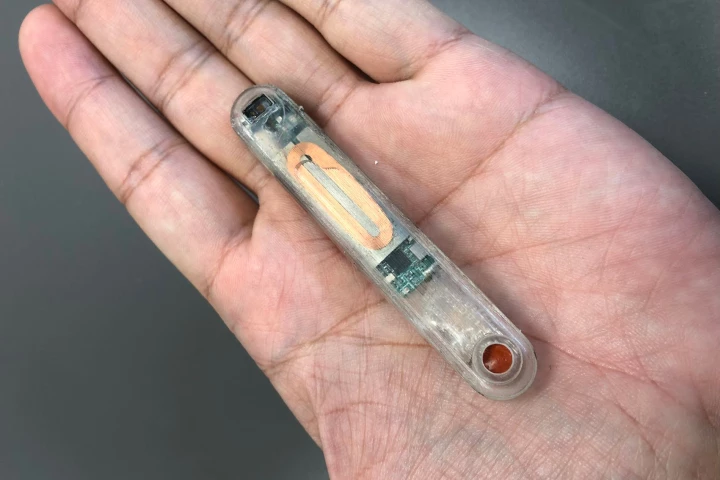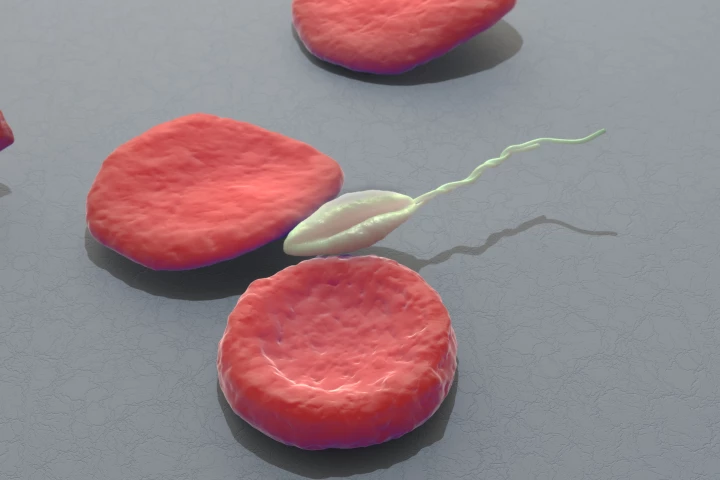Opioids
-
New research challenges fears about stopping long-term prescription opioid use, uncovering no associated rise in suicide risk and a sharp drop in overdose death. The findings offer reassurance for clinicians and patients managing chronic pain.
-
A review of existing research has found that tramadol’s pain relief benefits are minimal and may be outweighed by serious side effects, challenging the drug’s reputation as a “safer” opioid option for treating chronic pain.
-
In a massive study, scientists have failed to find any meaningful link between the use of opioid painkillers and the prevalence of autism spectrum disorder and attention-deficit/hyperactivity disorder, challenging earlier research suggesting otherwise.
-
A new experimental painkiller has shown promise in dulling or eliminating pain without the addictive qualities exhibited by today's most popular opioids. The drug also sidesteps common opioid side effects like constipation and sedation.
-
In a breakthrough finding, researchers have discovered that immune cells near the spinal cord are triggered by estrogen and progesterone to produce a natural painkiller called enkephalin. The finding could change the way we treat chronic pain.
-
When someone overdoses on opioids, it's critically important that they receive a dose of the opioid-reversing drug naloxone as soon as possible – otherwise, death is a distinct possibility. That's where a new implant comes in, as it automatically dispenses naloxone from within the body.
-
A new study has found that exposing babies to prescription opioids while they’re in the womb can increase their risk of developing immune-related conditions – particularly infections, eczema and asthma – in early childhood.
-
A new study has found that there was no association between using cannabis and non-medical opioid use in people receiving pharmacotherapy for opioid use disorder. The findings neither confirm that using cannabis leads to opioid use nor that it's effective in reducing it.
-
Spread by sandfly bites, the leishmania parasite causes ulcers that for many people are unexpectedly pain-free. For decades scientists have been puzzled by these painless lesions but new research is now homing in on the unusual analgesic mechanisms.
-
Researchers are close to human clinical trials to test the safety and efficacy of vaccines to prevent heroin and fentanyl overdoses. If approved, they could revolutionize the treatment of opioid addiction and reduce deaths from overdose.
-
Researchers have developed an antibody that targets the opioid fentanyl and its derivatives, reversing overdose better than currently available treatments. The novel therapy could be a more effective way of treating life-threatening opioid overdoses.
-
Clinical trials of a novel non-opioid analgesic have found it to be effective in reducing acute postoperative pain, opening the door to a new way of managing short-term pain that avoids the pitfalls associated with using opioids.
Load More











